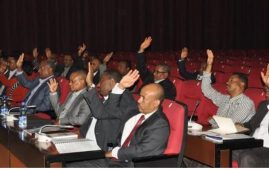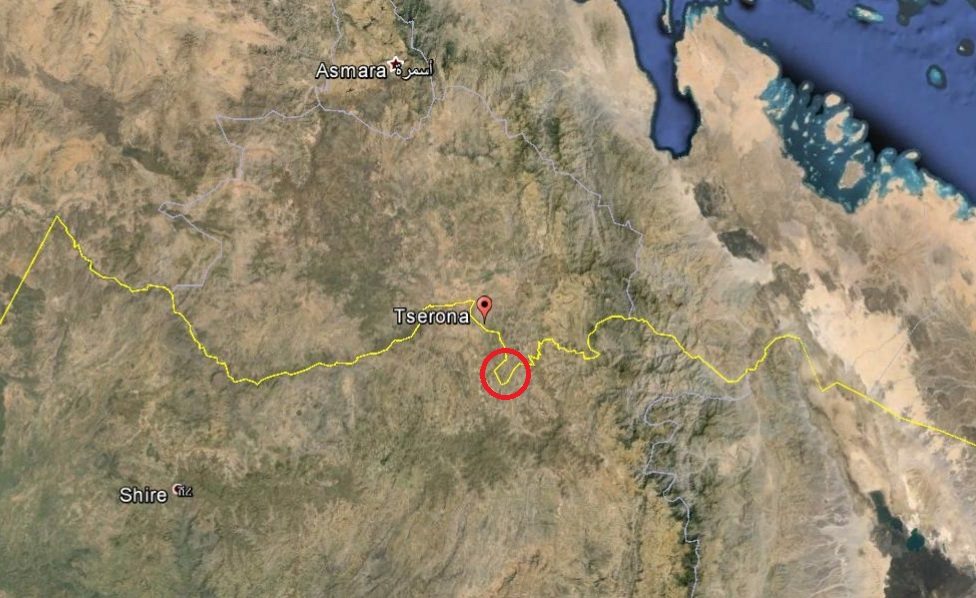The UN Human Rights Council extended both the period and mandate of the Commission investigating Eritrea’s human rights conditions.
The Commission of Inquiry on Human Rights in Eritrea, which the Council established last year, had released its final report last month.
In the report, the Commission said “the violations in the areas of extrajudicial executions, torture (including sexual torture), national service and forced labour may constitute crimes against humanity.”
Read: UN report: Massacre and mass graves of Eritrean Kunamas and Afars
The original mandate didn’t authorize the Commission to investigate such international crimes.
Yet, it could recommend further investigations if the information collected indicating that such international crimes may have occurred.
Thus, the Commission’s report recommended the Human Rights Council to “mandate a relevant special procedure or otherwise direct an investigation of the extent to which the abuses identified by the Commission constitute crimes against humanity”.
In a June 24 interactive dialogue, Mike Smith, chairperson of the Commission, urged of the Human Rights Council to refer the matter to the International Criminal Court (ICC) or authorize the Commission to investigate the potential crimes against humanity.
Read: Expert Opinion: Eritrea officially joined the club of rogue states
This week the Human Rights Council adopted a new resolution on Eritrea authorizing the Commission to investigate the matter.
The resolution (A/HRC/29/L.23), among others:
Urges Eritrea to make available information pertaining to the Djiboutian combatants missing in action since the clashes of 10 to 12 June 2008 so that those concerned may ascertain the presence and condition of Djiboutian prisoners of war;
Calls upon of the Government of Eritrea to take immediate and concrete steps to implement recommendations made by the commission of inquiry in its report in order to address the dire situation of human rights in the country;
Also decides to extend, for a period of one year, the mandate of the commission of inquiry to investigate systematic, widespread and gross violations of human rights in Eritrea with a view to ensuring full accountability, including where these violations may amount to crimes against humanity.
Djibouti and Somalia co-sponsored the draft resolution, while United States and the European Union expressed their full backing.
China and Russia chose to abstain claiming “opposition to the imposition of external investigation mechanisms” and “the practice of imposing country-specific mandates was counterproductive”, respectively.
Intriguingly, China claimed further that “Eritrea had made positive developments in human rights protection”.
Read: Eritrean protestors threatened UN experts in Geneva
Eritrea’s representative denounced the resolution saying that:
“The architects of the draft resolution dreamed to perpetuate the already failed hostilities aimed to thwart Eritrea’s national building aspirations, violate its sovereign rights, compromise the independent political stance of the nation, and sabotage the promising development achievements in the country. Eritrea would not surrender its sovereign rights nor abandon its independent political stance under any name, including under the pretense of human rights.”
The Commission is expected to present its report to the UN General Assembly and the Human Rights Council in the second-half of 2016.
**************





